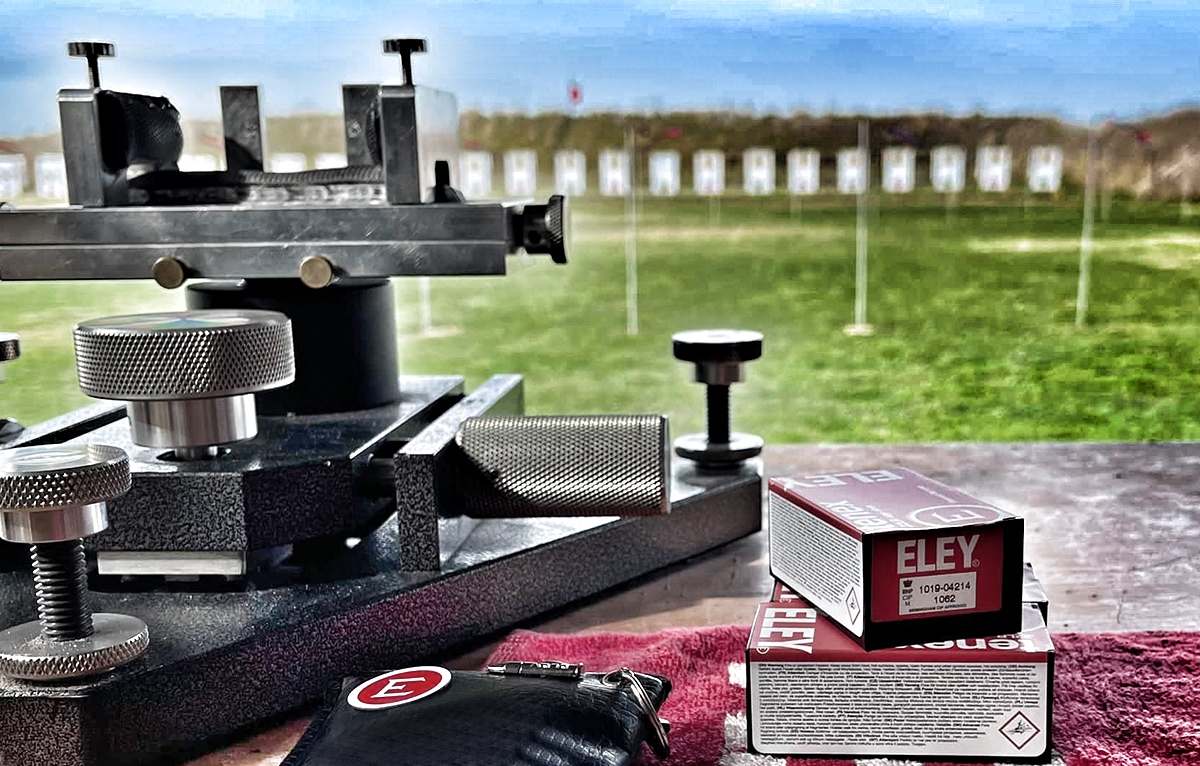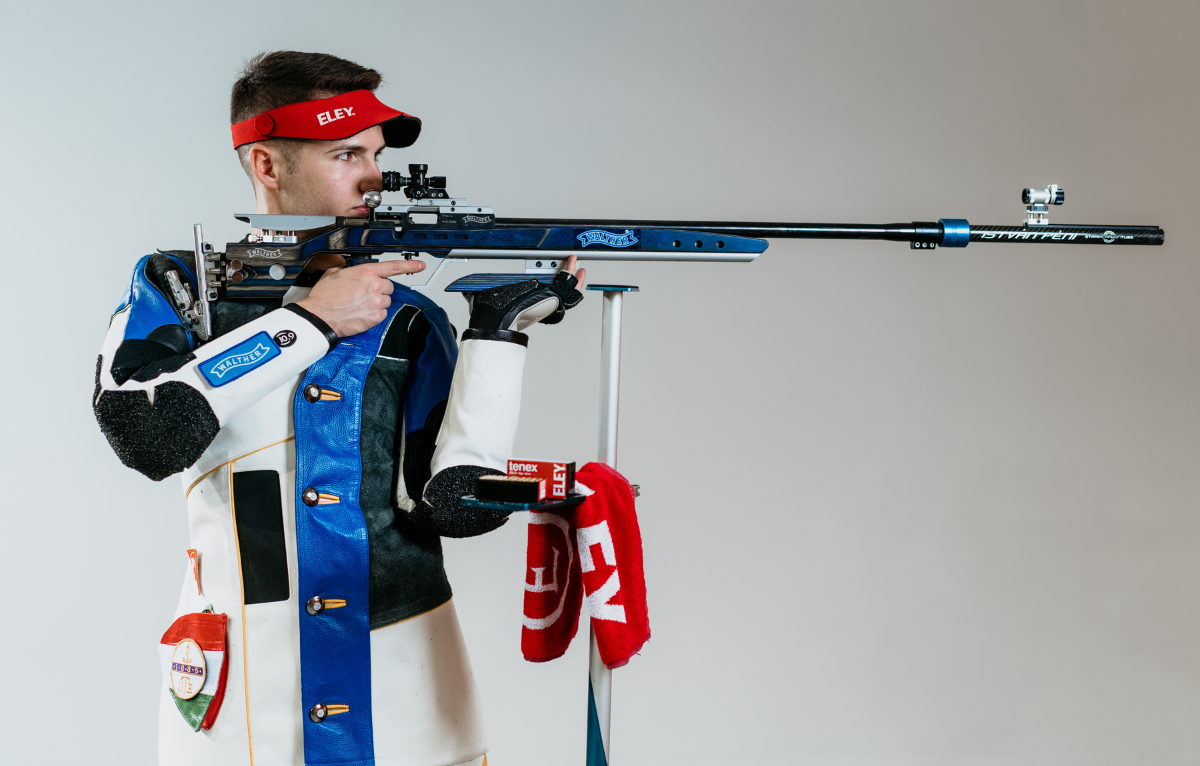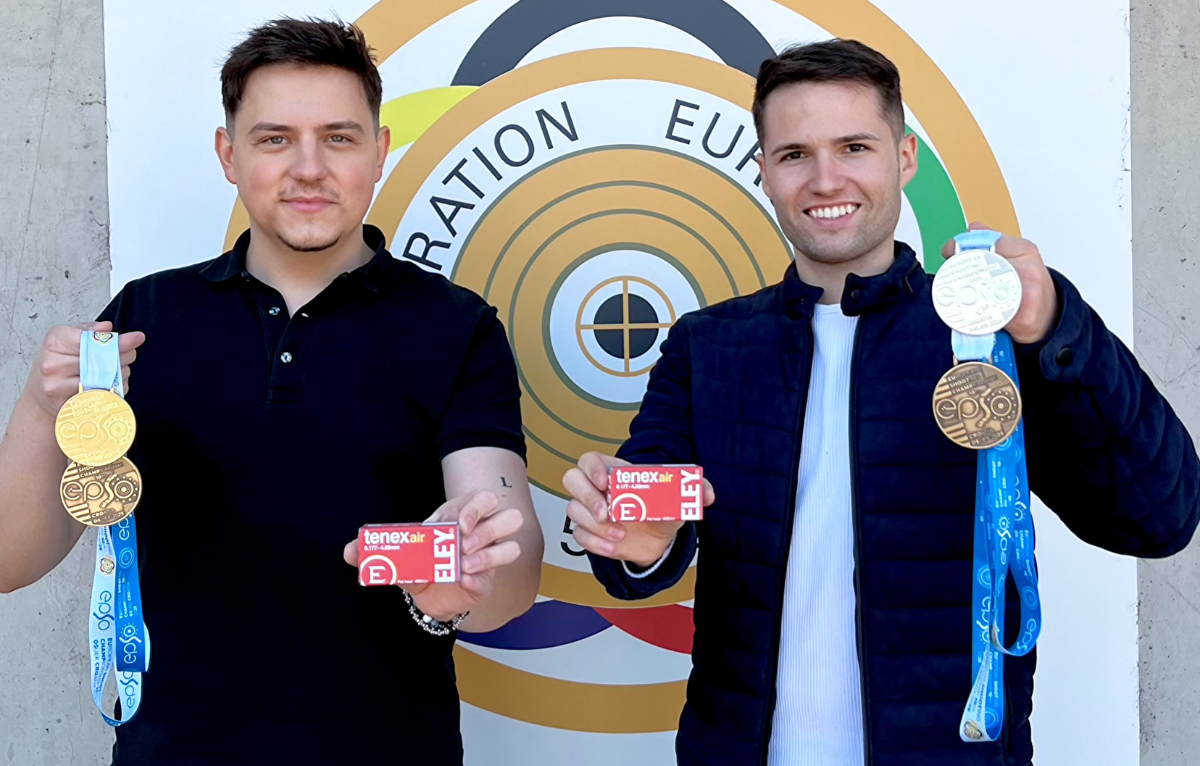Mental Health Awareness week is currently taking place (10-16 May).
The levels of awareness into mental health issues have enhanced over recent years with regular campaigns, exposure and engagements across various sectors, although prior conversations around the topic can be described as misunderstood and still is by many today.
Millions of people globally of all ages, genders and backgrounds are living with severe mental illnesses and daily struggles for a diverse range of reasons, all of which are as important as each other. 1 in 4 will experience a mental health issue of some kind each year within the UK (MIND), with statistics significantly rising after events of 2020.
As the Coronavirus pandemic still currently sweeps across the world, it continues to cause widespread concern, alongside a constant fear and stress that has a substantial reaction on the body as well as mind, due to the uncertain environments individuals find themselves in. There’s a sufficient amount of evidence to suggest that physical activity can have a positive impact on mental wellbeing.
Some of these benefits include:
- Building confidence and self-esteem
- Sharper memory and thinking
- Meeting new people and making friends – socialising, motivation and companionship
- Improves concentration and sleeping patterns
- Offers a natural energy boost and positivity
- Helps to reduce symptoms of depression and anxiety
You do not have to dedicate most of your day to training or exercise. 30 minutes of exercise, five times a week is said to be adequate for the body and mind to react positively. Overtraining can become an issue overtime resulting in injuries and all-round tiredness, so ensuring you have a good balance is key.
If you are looking to become more active in your daily lifestyle/routine, remember to…
Start slow.
It’s best to build up gradually. Focus on personal goals rather than competition, keep a record of your activity and review it regularly to provide feedback on your progress in order to offer a sense of motivation.
Overcoming barriers.
Places such as gyms can be a daunting place for many and are not for everyone as the can be busy, claustrophobic and psychologically difficult.
Overall, it can be scary making any change(s) to your lifestyle. Most people can become anxious about trying something new or going somewhere new, especially after the pandemic with a variety of new health implications and considerations on the mind.
Ask yourself if you would prefer being indoors or out and if you wish to exercise as part of a group or individually.
If you’re put off by traditional sports or methods of exercise, remember that walking the dog, cleaning, gardening or dancing around the house are all methods of exercise and just as effective.
Remember to ensure you do what is best and most comfortable for you – If you’d prefer to be active at home or whether you believe a change of scenery would be more beneficial to get away from those four walls.
Companionship.
Social support can be a motivator as you are sharing your experiences and can allow you to maintain an enthusiasm for keeping active.
Exercising with a companion can also help to reduce anxiety about body image and can be helpful in the first few sessions to build up confidence. It also offers you the chance to talk about any other issues or concerns that might be troubling you – it is vital to talk and share.
How can ELEY help?
We can often overlook how important niche sports such as shooting can be for our personal wellbeing. Target shooting is not only an underrated sport for keeping you active, it also builds self-esteem, discipline, confidence, and is also an excellent way to spend your downtime either in an indoor or outdoor setting as well as an opportunity to develop lasting friendships.
In a report by the British Association for Shooting and Conservation (BASC), 95% of those surveyed said shooting was important to their overall personal well-being. This is in addition to a further 84% claiming it benefits their physical health.
Shooting will also allow you to see a development in strength, stamina, balance, hand/eye coordination as well as ability to breathe fluidly and controlled which reduces stress levels.
Shooting sports require intense, short-bursts of concentration in order to achieve good form. A key element to achieve good form and progression is the mind needing to block out all other thoughts, focussing solely on the end goal. This also includes correct finger placement on the trigger, adjusted position, slow and steady breathing in order to ensure you are physically and mentally in the right frame of mind to hit that perfect score.
The shooting range is a space where you need to be extremely focused and you can’t be distracted whilst in control of a firearm. Therefore, you have to leave the chaos of everyday life at the door.
There is an undoubtable rush of adrenaline that bursts throughout the body when shooting, either that be your first shot or thousandth. Adrenaline helps your body to react more quickly. It makes the heart beat faster, increasing the blood flow to the brain and muscles.
Mental health awareness means that we’re not only acknowledging that mental health is important, but we’re constantly talking about it – It is important to stay connected and be aware of the significant factors that affect a person’s wellbeing, everyone is different. It is okay to not be okay and Mental Health Awareness Week raises the importance for individuals to see that you don’t have to fight problems alone, and have the opportunity to open up with no judgement.
Sport/exercise can become a key component to a healthy mind/body and can be tailored to suit your requirements.
Now you have a few more excuses to get yourself down to a range near you.
Useful contacts.
NHS: https://www.nhs.uk/mental-health/
MIND: info@mind.org.uk
Campaign Against Living Miserably (CALM): 0800 58 58 58, thecalmzone.net
Mental Health Foundation: Getting help | Mental Health Foundation
Samaritans: 116 123 (free 24-hour helpline)





